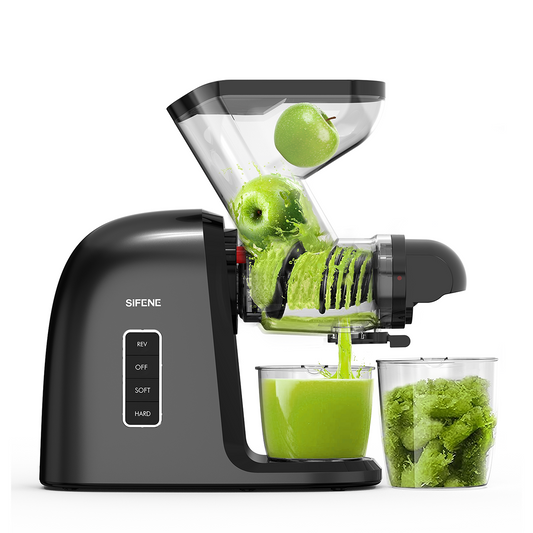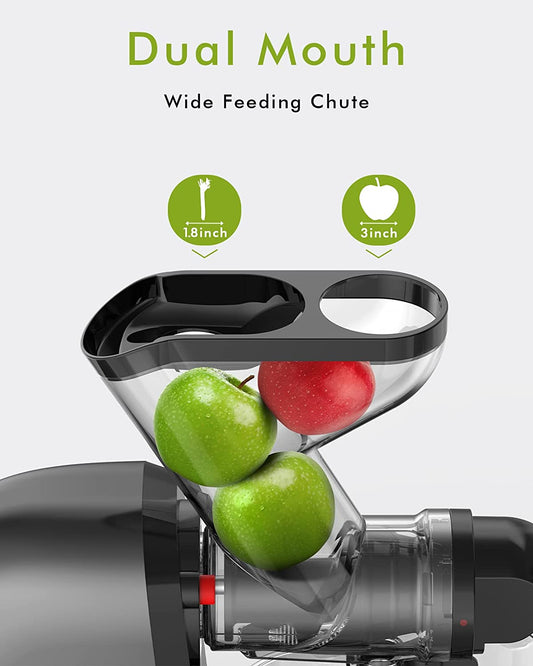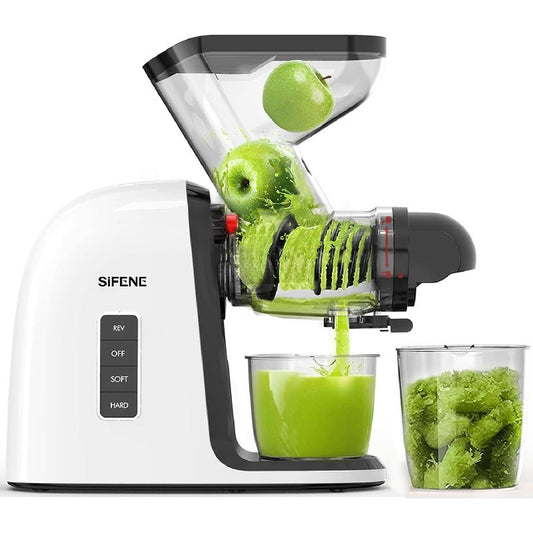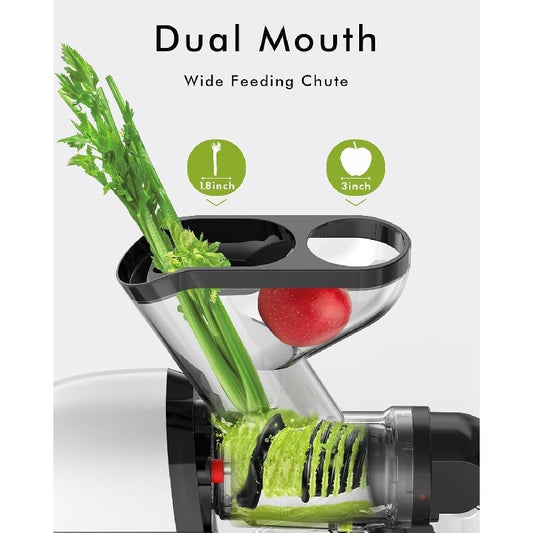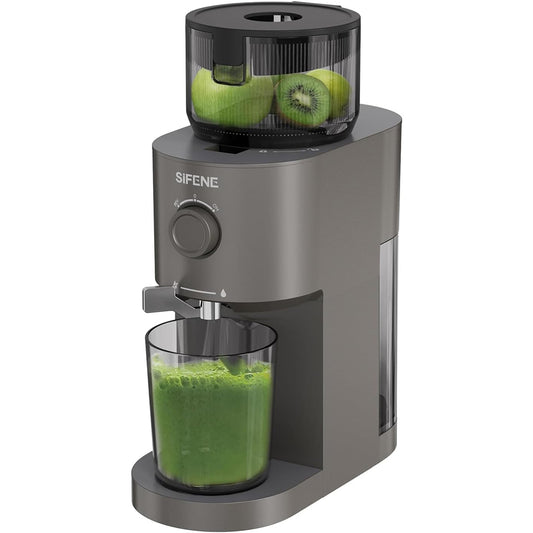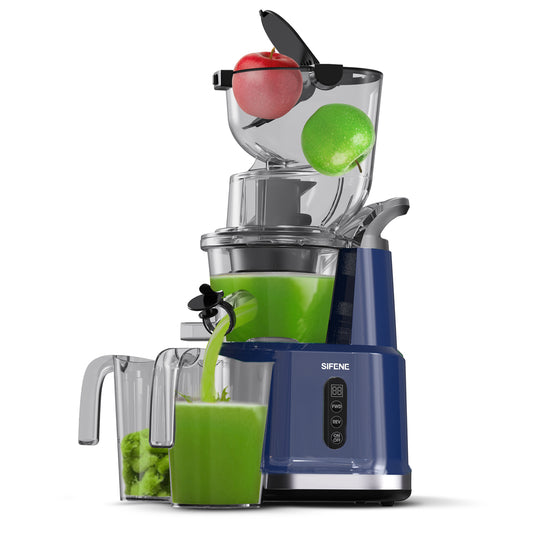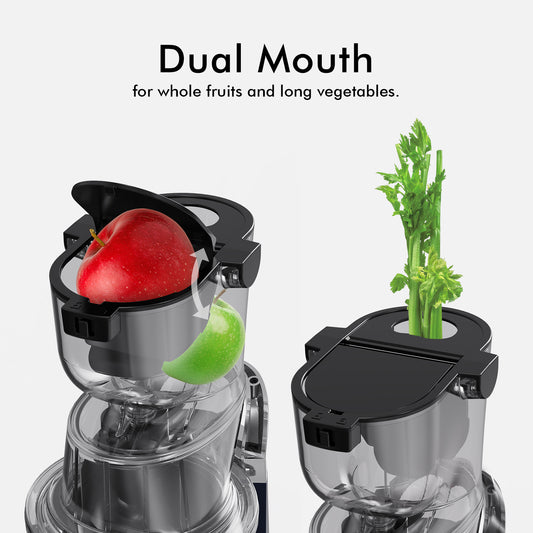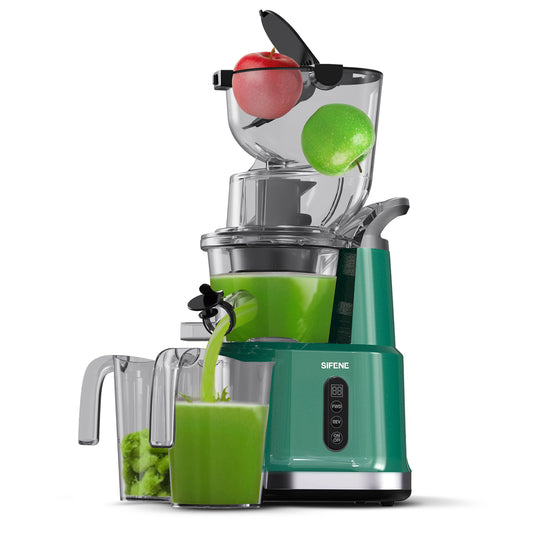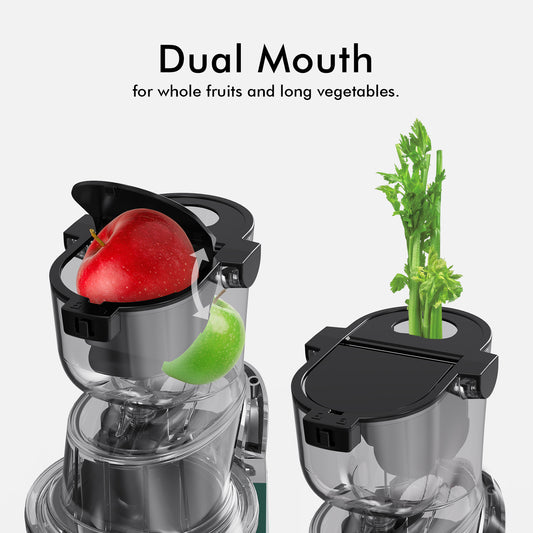1 Spinach
Age-related macular degeneration (AMD) is an eye disease that deteriorates the central part of the retina, or macula, and leads to visual impairment. Spinach contains vitamin A and the carotenoid pigments lutein and zeaxanthin, which all play an impactful role in protecting the eye against sun damage and eye changes due to aging. There is evidence that shows the average American diet includes just one to three milligrams a day of lutein and zeaxanthin while about six milligrams per day have been associated with decreased risk of AMD.
You can reap spinach's eye health-supporting benefit whether you eat the leafy green fresh, canned, or frozen.
2 Kale
Kale is a low oxalate, calcium-rich vegetable. Oxalate is a compound that inhibits calcium absorption, so finding a veggie that packs in the calcium, while keeping oxalate at bay, is key for bone health. Adequate intakes of calcium and vitamin D are crucial nutrients in building and maintaining strong bones.
If throwing kale into a salad isn't your thing, try making kale chips by mixing a couple of handfuls with a tablespoon of olive oil and baking in the oven until crispy, or blending into a smoothie.
3 Romaine Lettuce
In fact, romaine lettuce, and other leaf lettuces, contain serious amounts of vitamin A, potassium, and fiber. And because romaine lettuce is so well-liked, accessible, and affordable, it is the easiest "gateway" green to recommend increasing in our diets. Romaine lettuce comes in at under 10 calories a cup and this is especially helpful with keeping weight in check as body weight becomes harder to stabilize after 50 years old. Try using romaine lettuce as a wrap or boat for your next spring roll or taco.
4 Broccoli
An anti-inflammatory style of eating is the best dietary approach to protecting our joints. Broccoli is a vegetable that is included in this eating pattern and contains a compound called glucosinolate. Increase broccoli intake by dunking it in a ranch dip as a snack solution or mixing it in with your next macaroni and cheese.
5 Swiss Chard
The last vegetable to make the list is Swiss chard. Dark leafy greens are called out in the "Mediterranean-DASH Intervention for Neurodegenerative Delay" (MIND) diet as a food to have every day. The MIND diet is rooted in eating patterns found in the DASH and Mediterranean Diet, with additional emphasis on foods that have been linked to better cognitive function and delayed cognitive decline. Swiss chard does can be a welcomed addition to a stir-fry or mixed into your next soup recipe.
Featured collection
-
Dual Mouth Masticating Juicer Max Gray
Regular price $99.99 USDRegular priceUnit price per$99.99 USDSale price $99.99 USD -
Dual Mouth Masticating Juicer Max White
Regular price $99.99 USDRegular priceUnit price per$99.99 USDSale price $99.99 USD -
Whole Fruit Cold Press Juicer Large Feed Chute Gray
Regular price $149.99 USDRegular priceUnit price per$149.99 USDSale price $149.99 USD -
Whole Fruit Cold Press Juicer Large Dual Mouth Blue
Regular price $189.99 USDRegular priceUnit price per$199.99 USDSale price $189.99 USDSale -
Whole Fruit Cold Press Juicer Large Dual Mouth Green
Regular price $189.99 USDRegular priceUnit price per$199.99 USDSale price $189.99 USDSale

